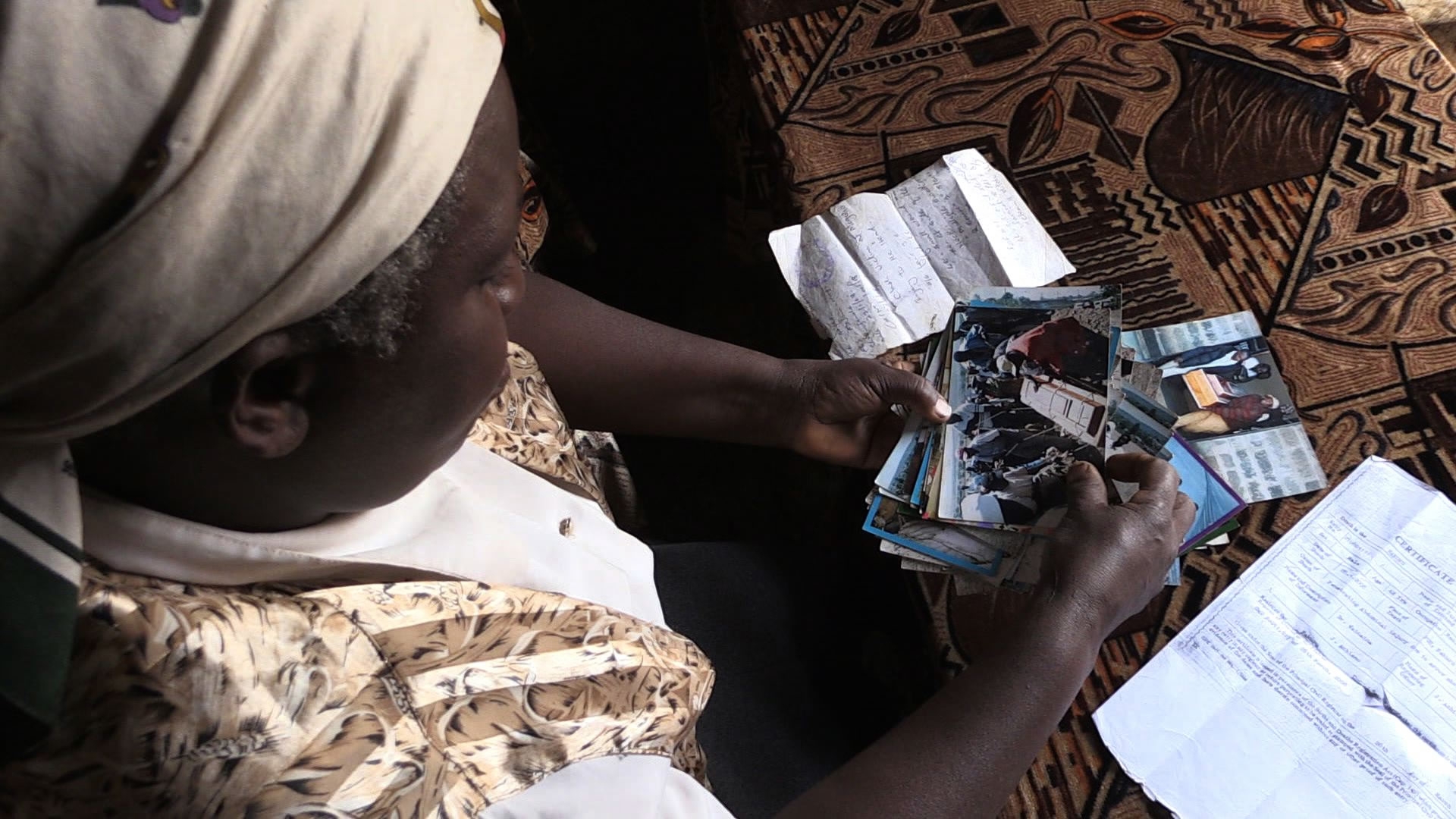
Politics
23:13, 05-Aug-2017
Ten years on, no solace for Kenya poll violence survivors

Peninah lost her husband ten years ago, in the violence that broke out in the wake of Kenya's presidential poll.
The disputed re-election of Mwai Kibaki in December 2007 threw the country into political and ethnic conflict, killing over 1,000 people and displacing over 600,000 in the space of two months.
Almost a decade later, the memories of those dark days are still raw.
Somehow, the mother of ten survived. But it was just the start of her troubles.
She received only 280 euros in compensation, which she immediately spent on school fees.
The Kenyan government launched its program to compensate and rehouse victims of the violence in 2008.
But many – like Peninah – are still waiting. In the meantime, she and a dozen other families are stuck in an illegal camp.
"We were told that this land would be subdivided amongst us, but still nothing has happened. We've been waiting for years," said Peninah Wahito, a victim of 2007 election violence.
The Rift Valley in central Kenya has witnessed the most violent clashes between the country's two main ethnic groups, the Kikuyu and the Kalenjin.
In Nakuru County, northwest of the capital Nairobi, no serious incidents have yet been recorded this year, as the country prepares to go to the polls again. But the tension is palpable.
Tensions have risen as a bad-tempered election campaign between President Uhuru Kenyatta and long-time opposition leader Raila Odinga has gathered pace.
And people like Peninah know only too well how quickly that tension can descend into violence.

SITEMAP
Copyright © 2018 CGTN. Beijing ICP prepared NO.16065310-3
Copyright © 2018 CGTN. Beijing ICP prepared NO.16065310-3